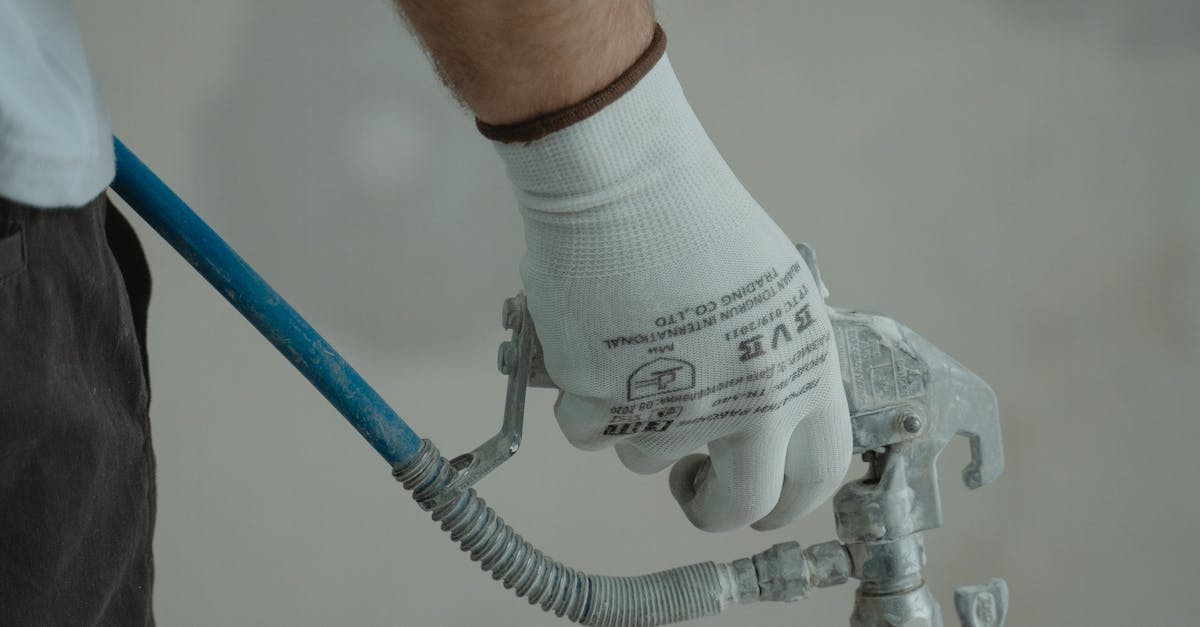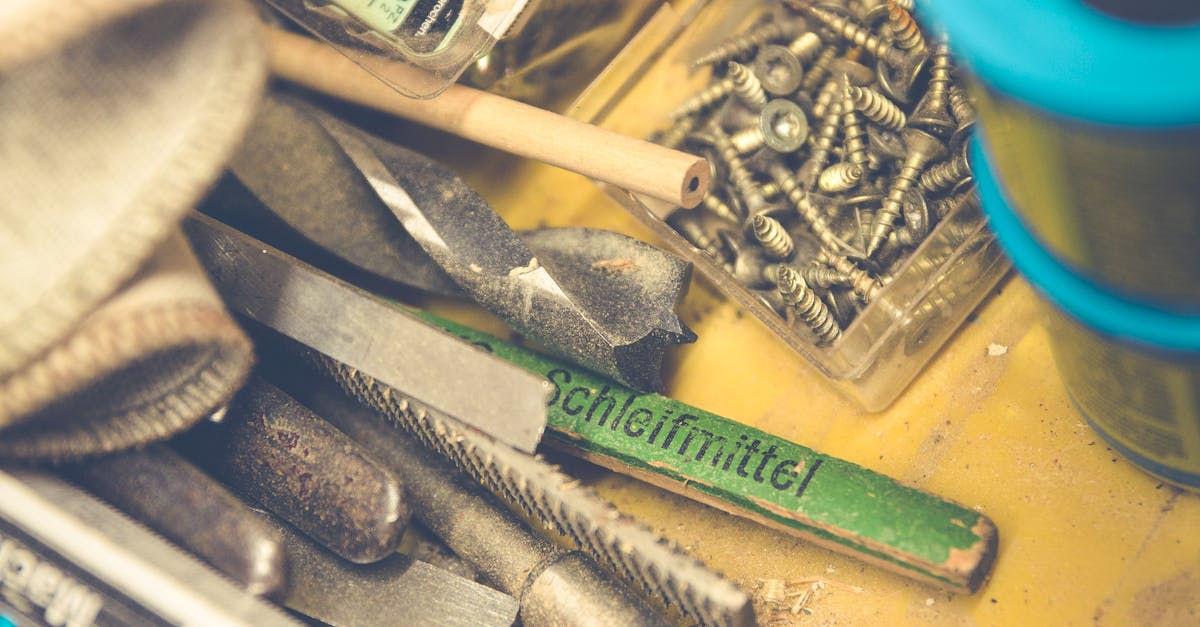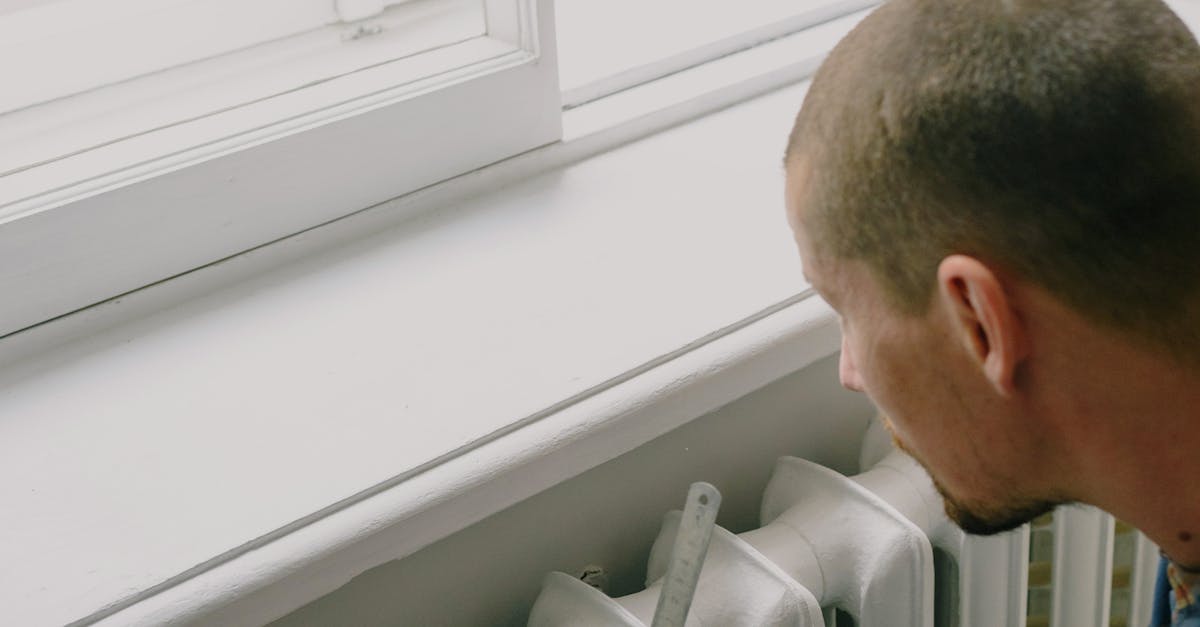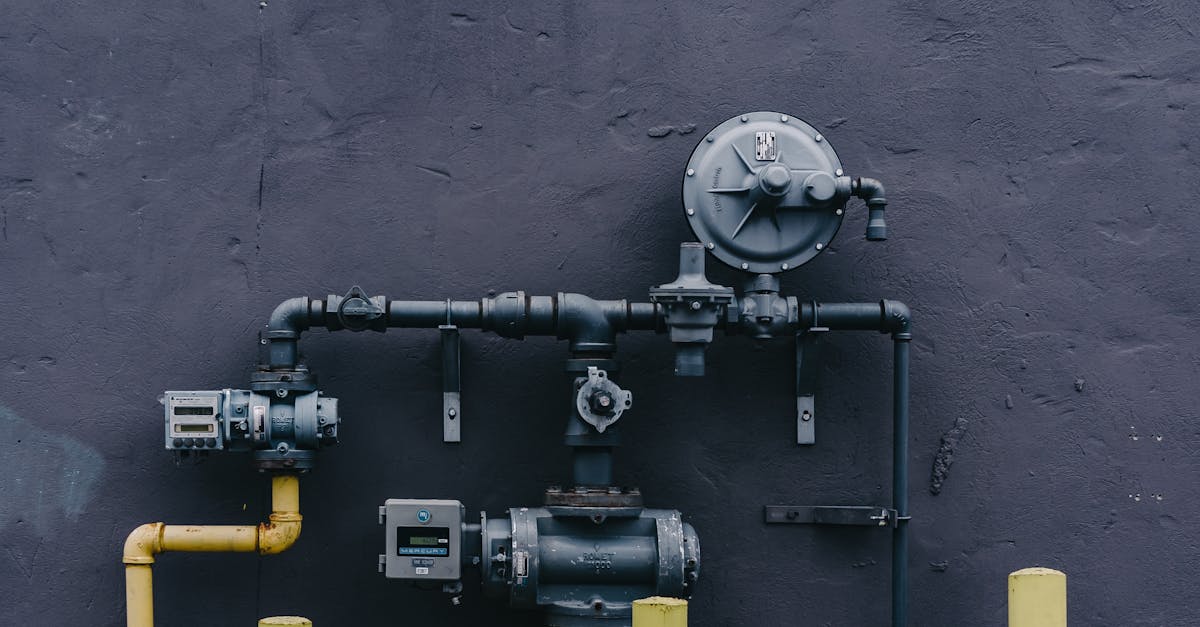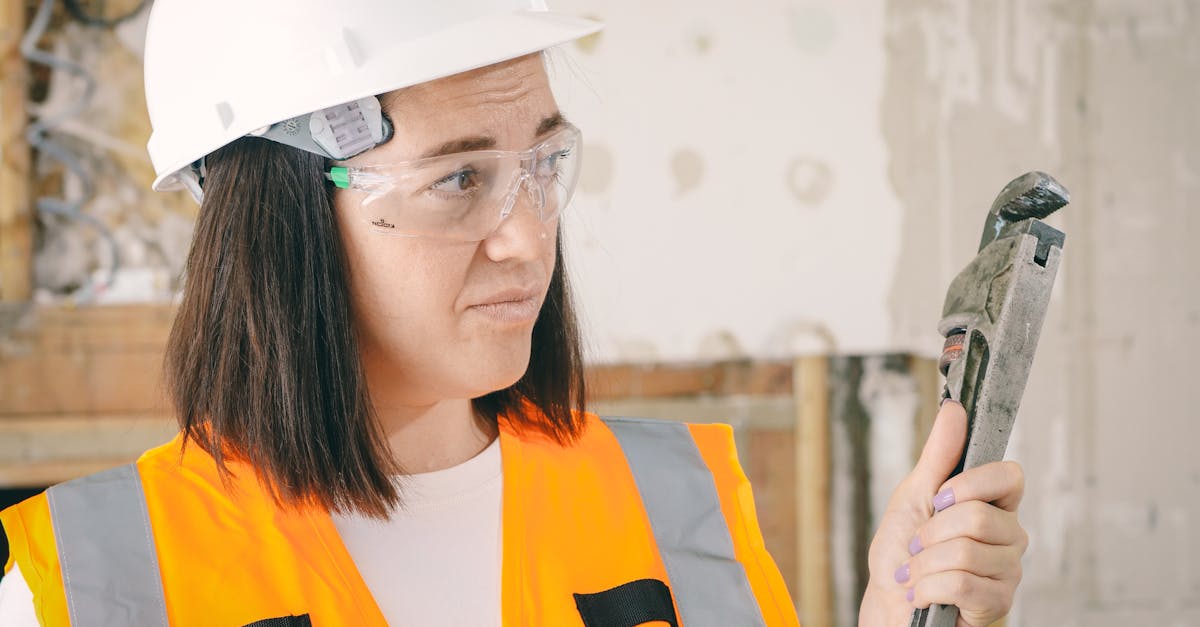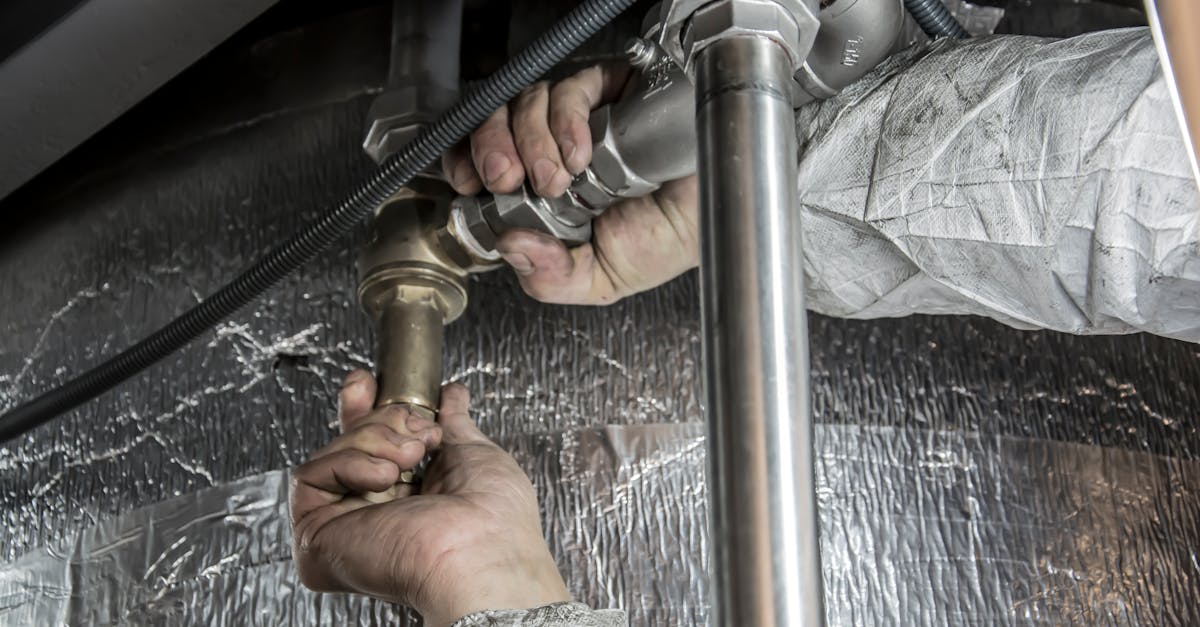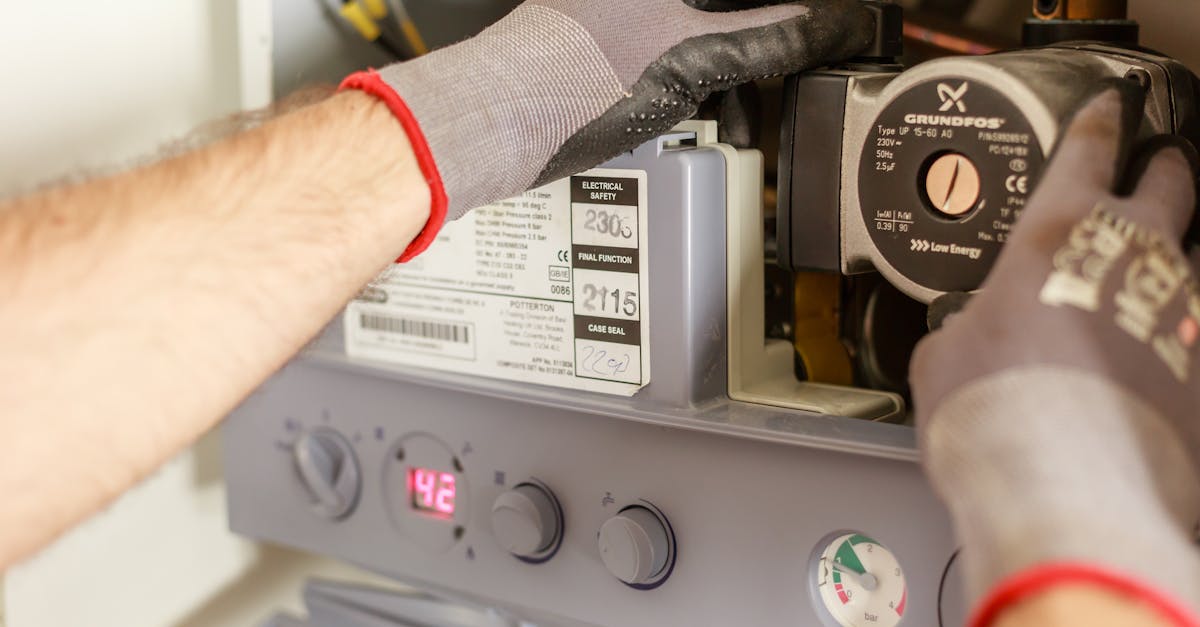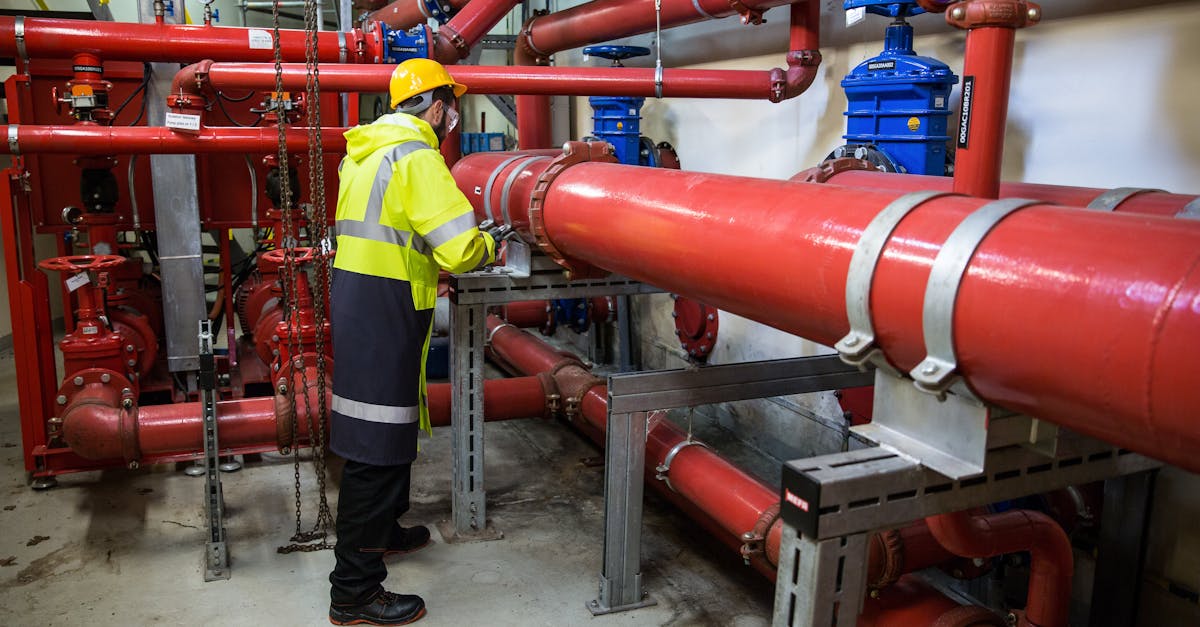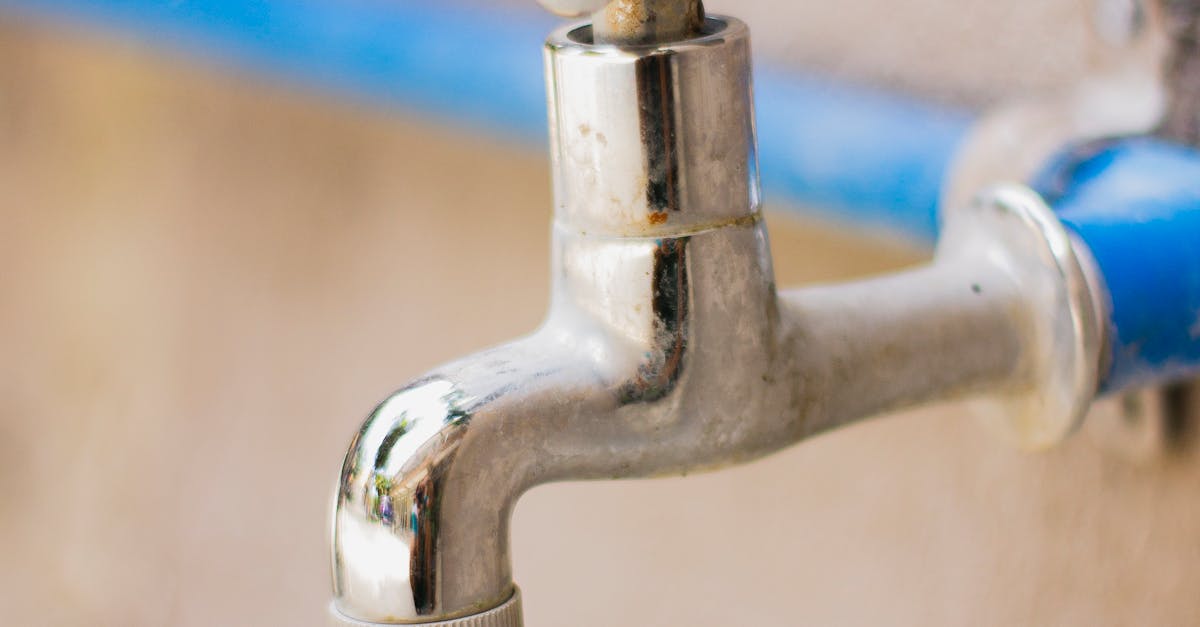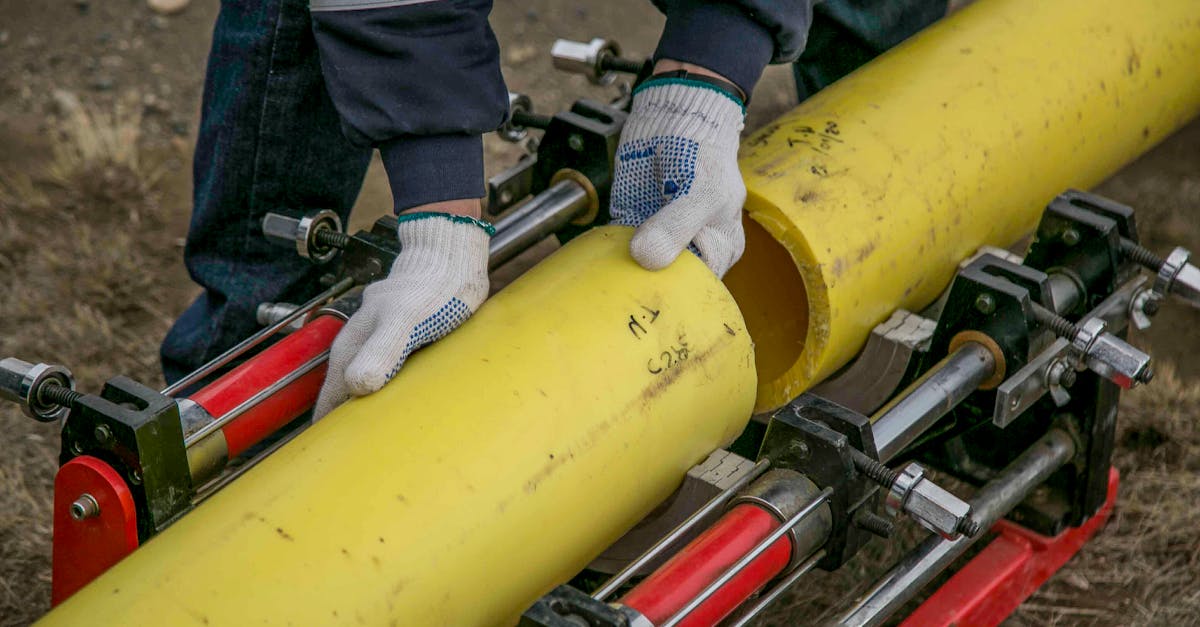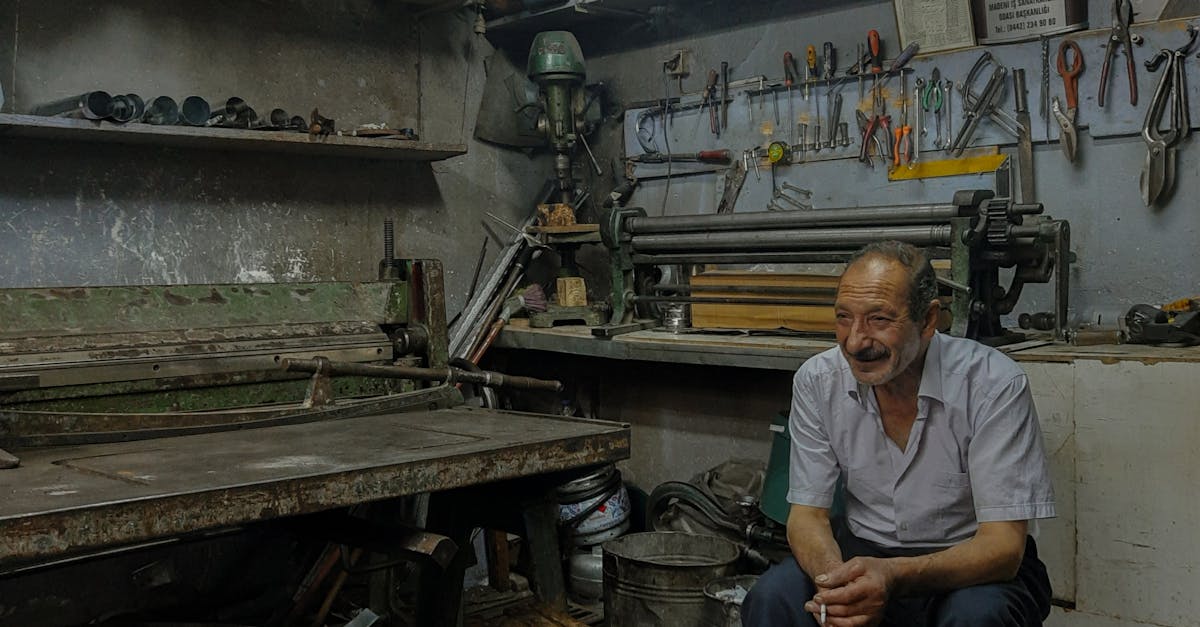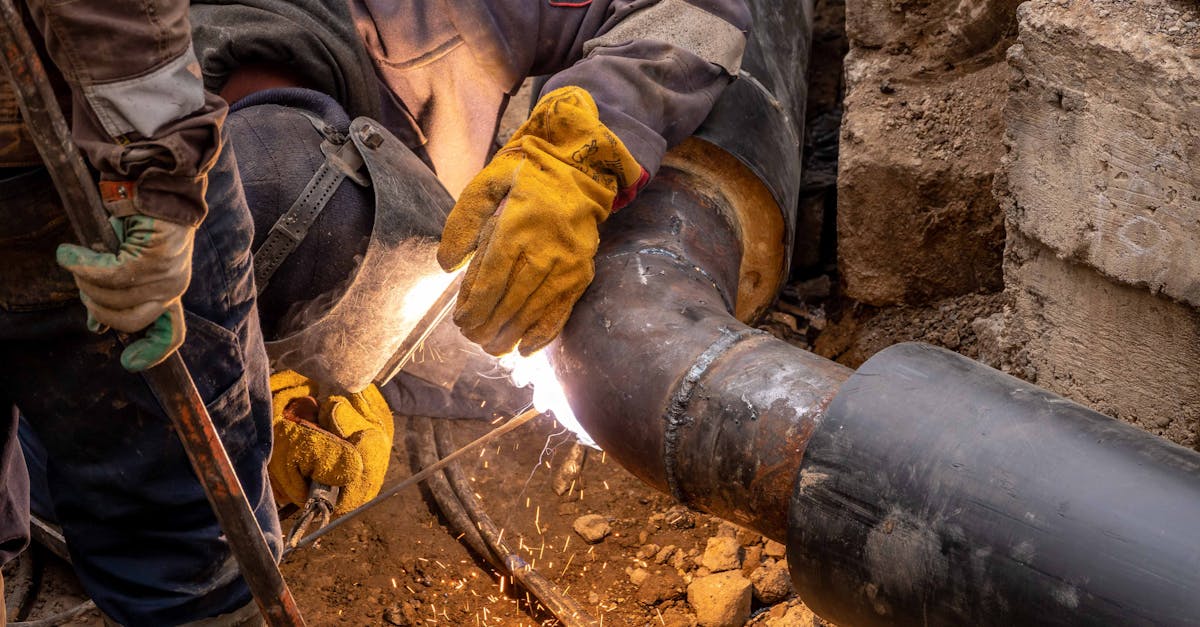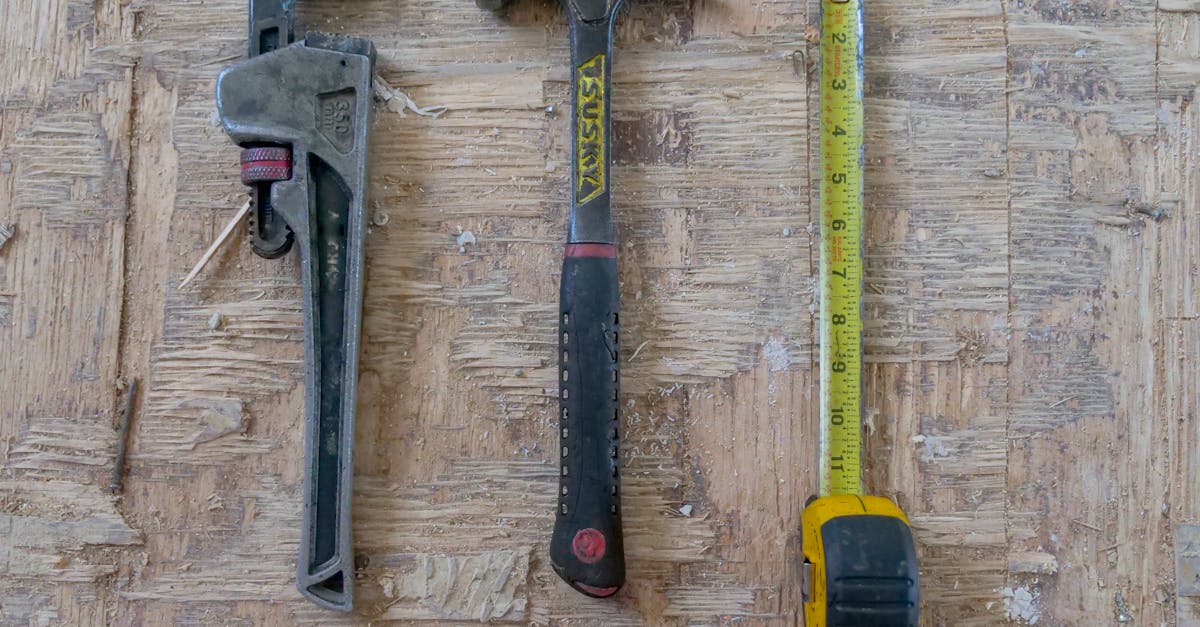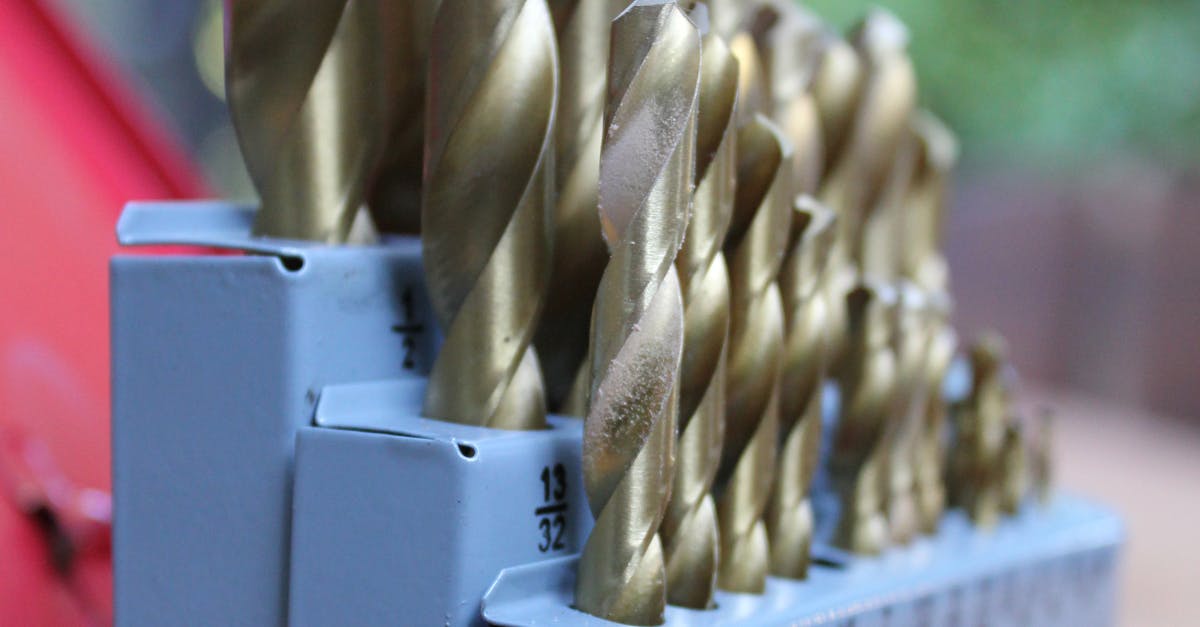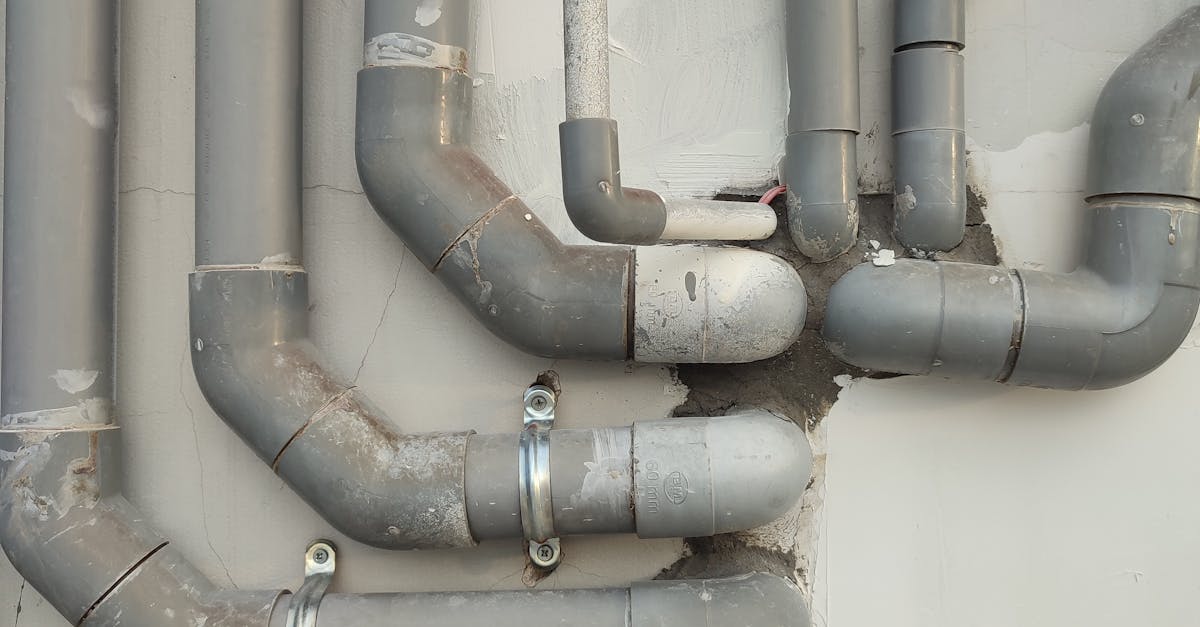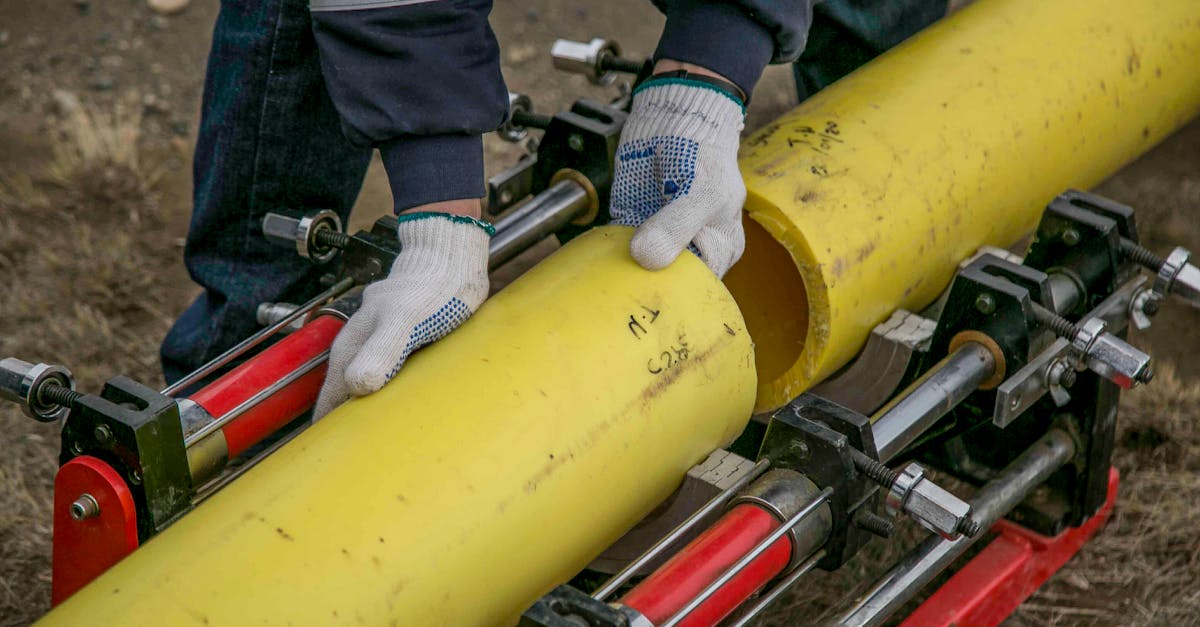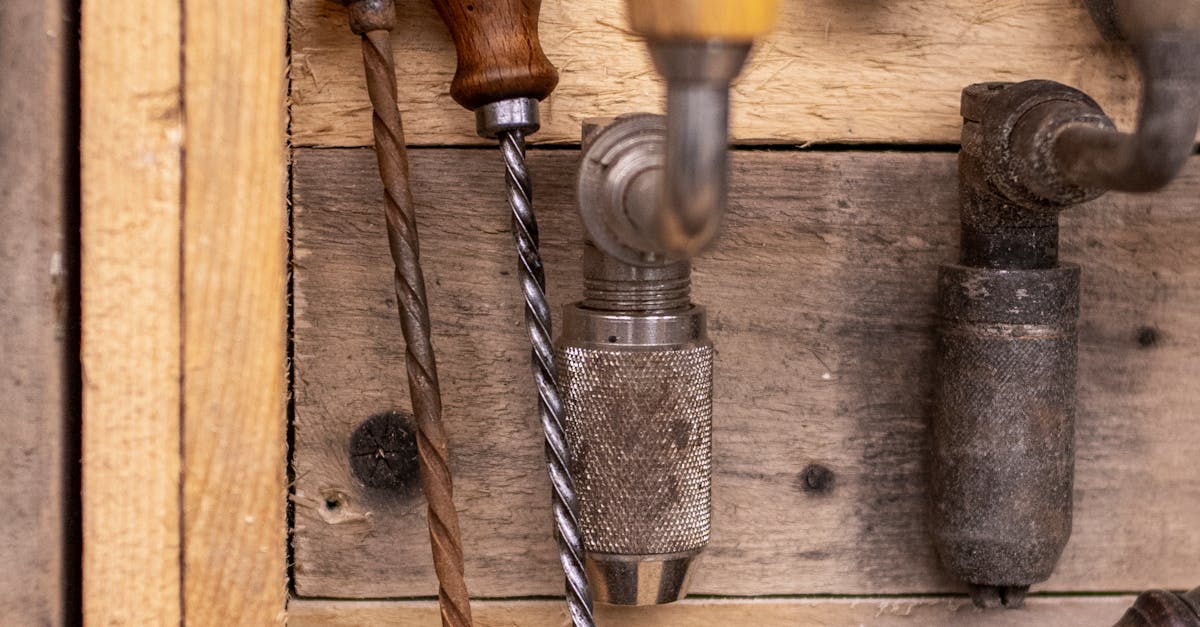
Table Of Contents
Inspect the Heating Elements
Inspecting the heating elements of your water heater is a crucial step when experiencing issues with hot water. These components are responsible for heating the water in the tank. If they are malfunctioning or damaged, it can lead to inadequate or no hot water. Look for signs such as corrosion or breaks in the heating elements. Testing them with a multimeter can provide precise information about their condition and functionality.
If you're not comfortable performing this inspection yourself, you might want to consider calling in a professional for Hot Water System Repairs. A qualified technician can efficiently assess the heating elements and determine if they need to be replaced or repaired. This proactive approach can not only restore hot water but also contribute to the overall efficiency of your water heater.
Troubleshooting Electric Heating Issues
If your electric water heater isn't providing hot water, start by checking the thermostat settings. Ensure the thermostat is turned up to the desired temperature. If it appears to be set correctly, you might want to look for any tripped circuit breakers or blown fuses connected to the heater. Resetting the circuit or replacing a fuse can sometimes resolve the issue. Additional signs such as unusual noises or leaks can indicate a malfunction in the heating elements, signaling a need for hot water system repairs.
Next, inspect the heating elements themselves. For electric water heaters, there are usually two heating elements: one at the top and one at the bottom. If one of these elements fails, your heater may struggle to produce hot water. Testing the elements with a multimeter will help determine their functionality. If you find that the heating element is bad, it may need replacement as part of your hot water system repairs. Regular maintenance and prompt troubleshooting can help maintain the efficiency of your water heater.
Assess the Age of the Water Heater
The age of your water heater significantly influences its performance and reliability. Most conventional water heaters have a typical lifespan of about 10 to 15 years. If your unit is approaching or exceeding this age range, it may be more prone to malfunctions. Regular maintenance can extend its life, but wear and tear are inevitable. Knowing the age of your heater can guide you in making informed decisions about possible repairs or replacements.
If you find that your water heater is aging, consider the efficiency and cost-effectiveness of keeping it running versus opting for a new model. Older units often consume more energy, leading to higher utility bills. It may be worthwhile to evaluate your options before investing in repairs. In cases of frequent issues, exploring Hot Water System Repairs might provide a temporary solution, but long-term savings often lie in upgrading to a newer, more efficient system.
When to Consider Replacement
Assessing whether to replace your water heater involves evaluating its performance and reliability. A water heater that's over 10 years old often experiences a decline in efficiency. Frequent repairs can indicate that the unit has reached the end of its life, leading to escalating costs that may not be practical in the long run. Hot water system repairs may only provide temporary relief, while replacement could offer improved performance and energy efficiency.
In addition to age, consider the signs of wear or damage, such as rust, leaks, or unusual noises. These issues can not only affect your hot water supply but can also lead to more serious problems. If the water heater fails to provide hot water consistently, it may be time to evaluate new options. Investing in a reliable replacement can enhance comfort and reduce the need for ongoing maintenance and hot water system repairs in the future.
Flush the Water Heater
Flushing the water heater is an essential part of routine maintenance that can enhance its efficiency and lifespan. Over time, sediment and mineral buildup can accumulate at the bottom of the tank. This buildup can lead to decreased performance and hot water availability. Flushing the unit helps remove these deposits, allowing the water heater to operate smoothly and efficiently.
For homeowners, regular flushing is a straightforward task that can prevent more significant issues down the line. By keeping the system clean, you may save on energy costs and minimize the need for expensive hot water system repairs. It's recommended to perform this maintenance at least once a year to ensure optimal performance and longevity of the water heater.
Benefits of Routine Maintenance
Regular maintenance of your water heater can significantly extend its lifespan. Keeping the unit in optimal condition helps prevent common issues that lead to more costly problems down the road. Scheduling routine inspections allows you to catch component wear earlier, which minimizes the need for extensive hot water system repairs. It also ensures that your water heater operates efficiently, reducing energy costs associated with excess strain on the system.
Additionally, flushing the water heater regularly removes sediment buildup that can impact performance. This process not only maximizes efficiency but also improves water quality, ensuring that you have clean hot water for daily use. When maintenance is neglected, users often face inconvenient breakdowns that require immediate hot water system repairs. Creating a maintenance schedule is a proactive approach to enjoying reliable hot water without unexpected interruptions.
FAQS
What should I do first if I have no hot water?
Start by inspecting the heating elements of your water heater to determine if they are functioning properly. You can also check the thermostat settings and ensure that the power supply to the unit is working.
How can I troubleshoot electric heating issues?
Check the circuit breaker to see if it has tripped, examine the wiring for any visible signs of damage, and test the heating elements with a multimeter to ensure they are operational.
How do I know if my water heater is too old and needs replacing?
If your water heater is over 10-15 years old and experiencing frequent issues, such as inconsistent hot water or leaks, it may be time to consider replacement.
What are the benefits of flushing my water heater?
Flushing your water heater helps remove sediment buildup, which can improve efficiency, extend the lifespan of the unit, and enhance the quality of your hot water.
How often should I perform maintenance on my water heater?
It is recommended to perform routine maintenance, including flushing the tank, at least once a year to ensure optimal performance and longevity of your water heater.

